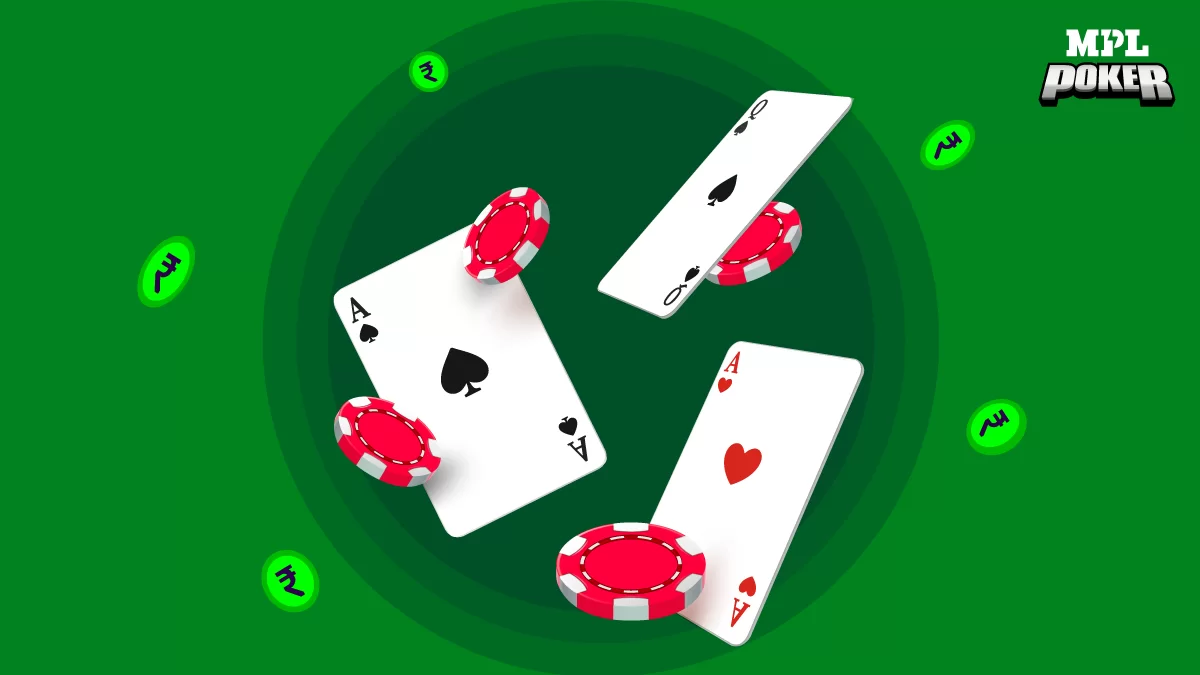Poker is a popular card game that has been played for centuries. It involves a combination of luck, skill, and strategy, making it a challenging and exciting game to play.
The first step to mastering poker is to understand the rules and terminology of the game. There are many different variations of poker, but the most popular is Texas Hold’em. In Texas Hold’em, each player is dealt two cards, and then five community cards are placed on the table. Players must make the best five-card hand possible using their two cards and the five community cards.
It’s also important to understand the different terms used in poker, such as “blinds,” “flop,” “turn,” and “river.” Knowing these terms will help you understand the flow of the game and make better decisions.
Practice, Practice, Practice
The key to becoming a successful poker player is practice. The more you play, the better you’ll become. There are many online poker sites where you can play for free or for real money. You can also practice with friends or family members.

When practicing, pay attention to your opponents’ playing styles and try to pick up on any patterns or tells. This will help you make better decisions when playing against them in the future.
Manage Your Bankroll
Another important aspect of poker is bankroll management. You should always have a set amount of money that you’re willing to risk when playing. Never play with money that you can’t afford to lose.
It’s also important to be aware of your emotions when playing poker. Don’t let your emotions control your decisions. If you’re on a losing streak, take a break and come back later when you’re in a better state of mind.
Learn Basic Strategies
There are many different strategies that you can use when playing poker. One of the most important is understanding the strength of your hand. Knowing when to fold and when to bet is key to winning at poker.
Another strategy is bluffing. Bluffing is when you make a bet or raise with a weak hand in the hopes of making your opponents fold. This can be an effective strategy, but it should be used sparingly.

Finally, it’s important to pay attention to the other players at the table. Try to pick up on any patterns or tells that they may have. This will help you make better decisions and increase your chances of winning.
Conclusion
Poker is a game that requires a combination of luck, skill, and strategy. By understanding the rules and terminology, practicing, managing your bankroll, and learning basic strategies, you can increase your chances of success. Remember to always play responsibly and never risk more than you can afford to lose. With time and practice, you can master the art of poker and become a successful player.


